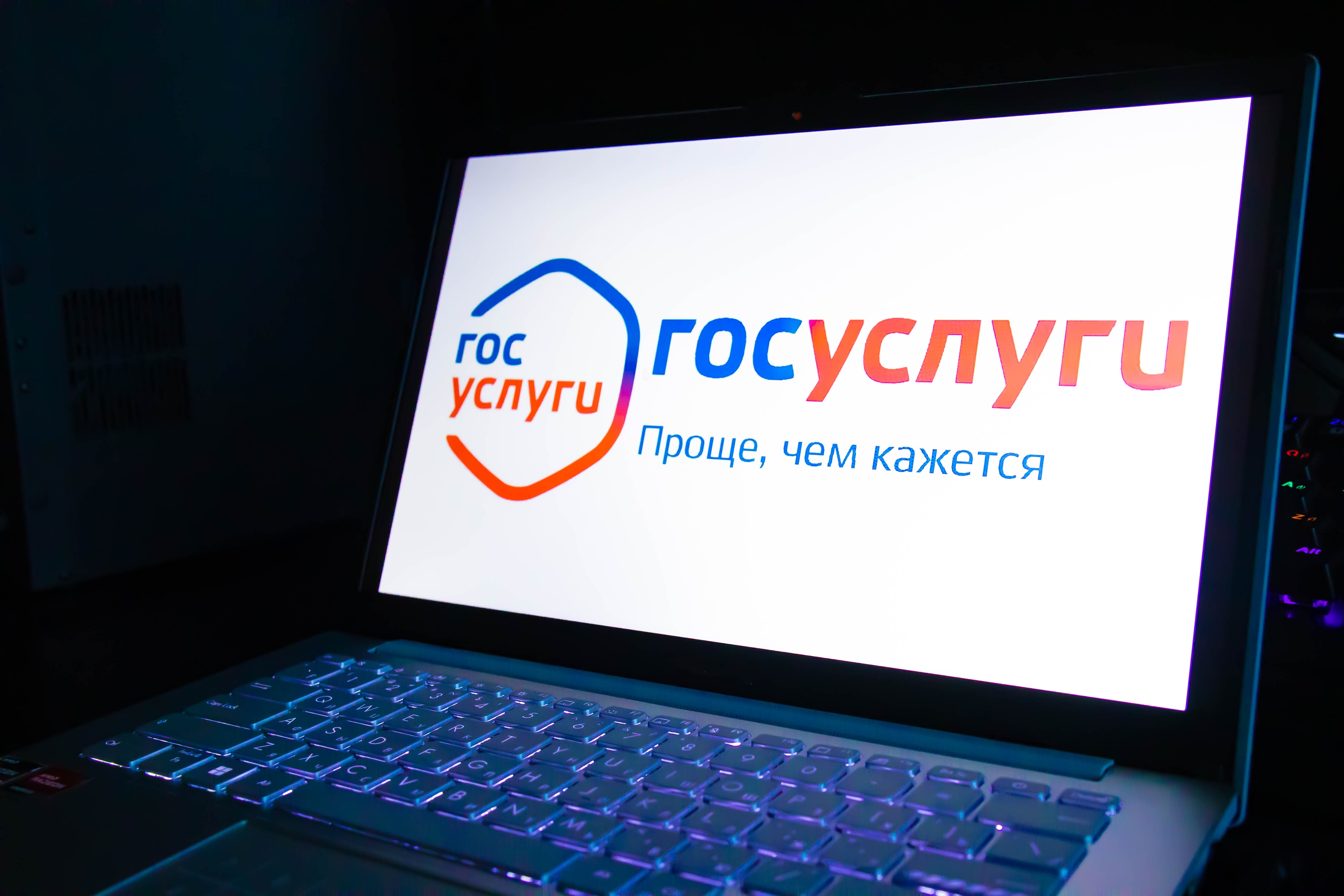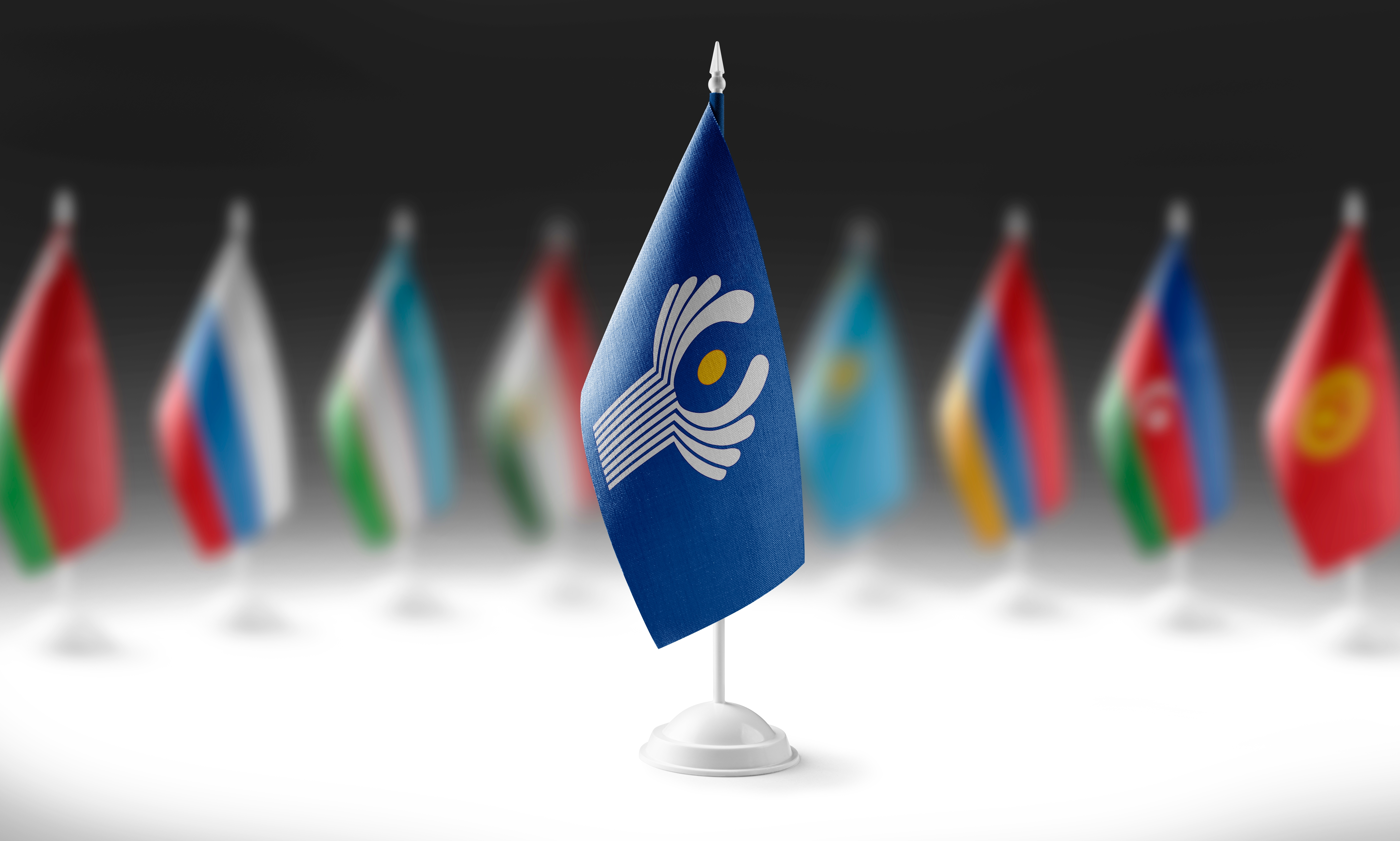Russia Turns Its Digital Government Into a Global Export

As digital transformation reshapes the public sector worldwide, Russia is positioning itself not just as a fast adopter—but as a net exporter of e-government technologies. With growing demand from countries across the Global South, Russia’s platforms, particularly its flagship Gosuslugi (Public Services Portal), are becoming competitive alternatives to Western solutions in state-level digital infrastructure.
From Domestic Success to International Demand
Russia’s digital public services began as a national modernization effort but are now expanding into strategic exports. The Ministry of Digital Development has opened formal talks to supply its open-source, license-free Gosuslugi platform to partner nations. “We were the first to create a completely open platform, free from proprietary components,” noted Minister Maksut Shadayev in early 2024. “This makes it deployable without the burden of licensing fees or dependency on external vendors.”
The platform has already reshaped service delivery inside Russia, offering citizens seamless access to medical appointments, real estate records, and tax services. Now, that same framework is being offered to governments seeking trusted, customizable tools for digitizing citizen services.
CIS Collaboration: A Regional Digital Alliance
The Commonwealth of Independent States (CIS) is emerging as the first testing ground. In 2023, Russia, Belarus, Kazakhstan, Kyrgyzstan, Tajikistan, and Uzbekistan signed a cooperative agreement to exchange best practices in digital governance. This marks a significant move toward creating interoperable, regionally aligned digital public services, reducing fragmentation across former Soviet territories.
Africa: Building Sovereignty Through Tech
Africa is showing strong interest in Russian e-government solutions, not just for their technical robustness but for their political neutrality. In 2023, Russia’s Center for African Studies launched E-Governance Week, a pilot training program for African civil servants. According to Center Director Andrey Maslov, the goal is to help partner countries “avoid early dependence on Western tech ecosystems” and instead “set their own course for digital sovereignty.” The initiative received positive engagement from Kenya, Ethiopia, Tanzania, and the Comoros, among others.

Latin America: Trust, Cybersecurity, and Financial Tech
Interest from Latin America is also growing, driven in part by cybersecurity concerns. A 2025 report by the Russian International Affairs Council notes that since 2022, Russian software has quadrupled its resilience to cyberattacks. This has positioned Russian platforms as “trusted tech” capable of offering uninterrupted service and strong data protection—attributes increasingly valued in a region grappling with frequent breaches and limited domestic capabilities.
An article by economist Diana Pamela Chavarri Galvez, published in Finance and Credit journal, highlights key sectors for future collaboration: e-government, cybersecurity, and digital finance. She identifies Brazil, Cuba, Mexico, Venezuela, Argentina, Ecuador, Nicaragua, and Peru as having the greatest potential to benefit from Russian technologies.
Implications for Global Infrastructure and Digital Equity
As nations in Africa, Latin America, and Central Asia seek alternatives to Western technology stacks, Russia is offering more than just software—it’s promoting a vision of technological self-reliance. For recipient countries, adopting Russian platforms could mean lower costs, increased control over national data, and a reduced risk of politically motivated tech sanctions.
A Strategic Shift in the Global Tech Order
Ultimately, Russia’s e-government exports underscore a deeper shift: digital infrastructure is no longer just a domestic concern—it’s geopolitics by other means. In a world increasingly divided between Western and non-Western tech ecosystems, platforms like Gosuslugi represent not just a service delivery model, but a statement of digital independence.









































